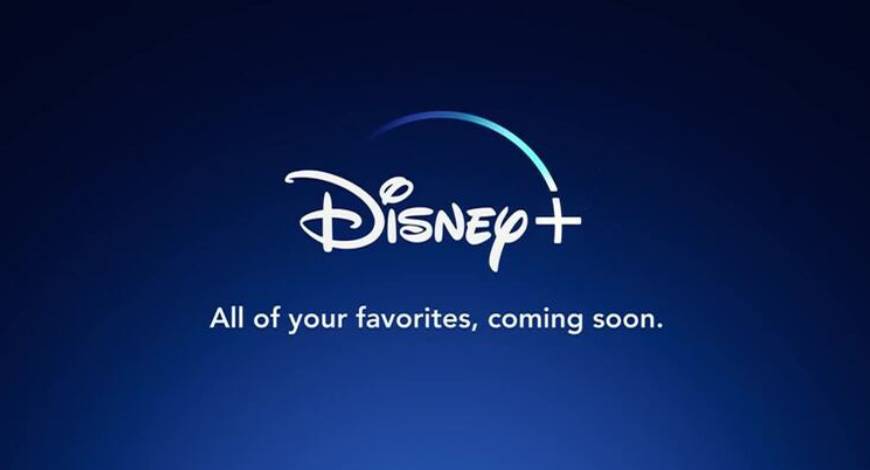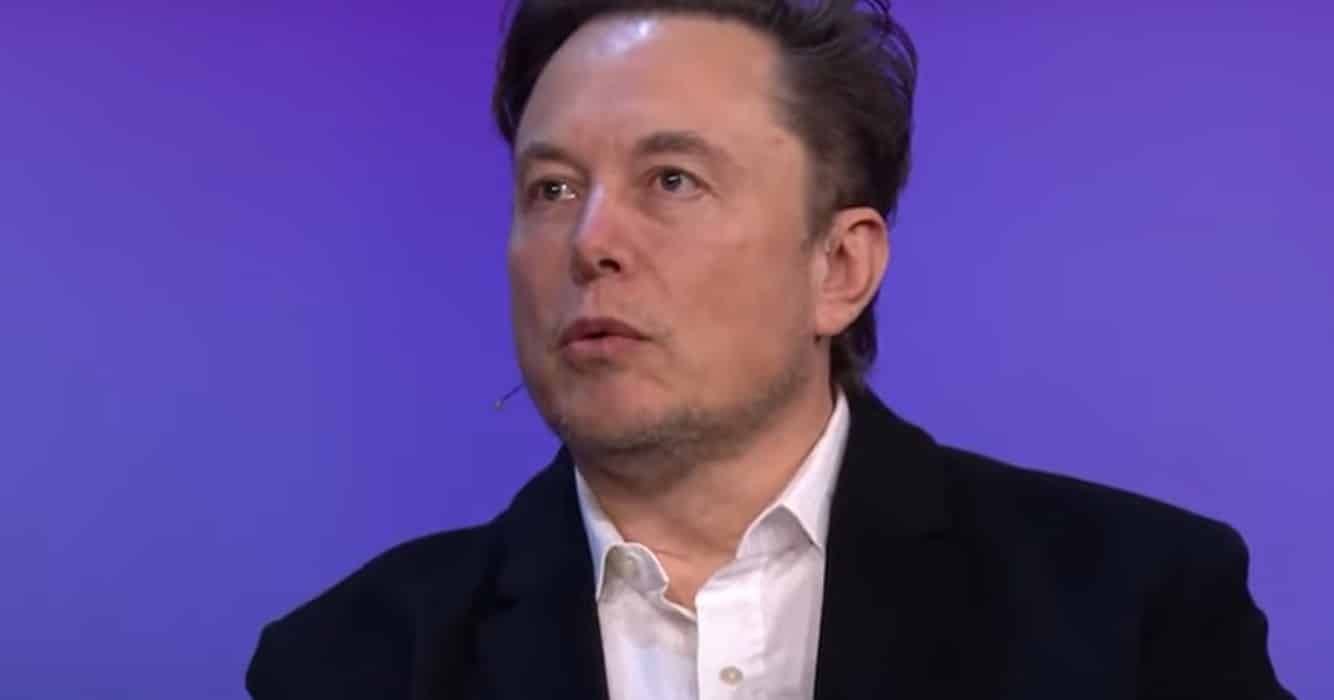Disney+ loses subscribers worldwide in just three months. This decline is primarily attributed to the substantial increase in subscription fees. Despite a surge in revenue during the same timeframe from October to December 2023, the number of global subscribers decreased from 112.6 million to 111.3 million.

Furthermore, Disney has seen an uptick in per-subscriber revenue due to successive price hikes over a year. The company raised the price of its ad-free streaming service in the US twice between December 2022 and October of the following year.
Disney Reveals Plans to Counter Subscriber Decline
In its most recent quarterly earnings announcement on Wednesday, Disney disclosed its plans to address the current trend, expressing optimism about a potential reversal. The company anticipates the addition of up to six million subscribers in the ongoing quarter, spanning from January to March. Hugh Johnston, Disney’s chief financial officer, noted, “‘Disney+ core subscribers decreased sequentially by 1.3 million, in line with prior guidance.'”
Anticipates Up to Six Million Additions in the Coming Quarter
Johnson acknowledged that fluctuations in subscriber growth are expected but emphasized confidence in sustained long-term growth. He attributed the decline to “recent domestic price increases” and the conclusion of the global summer promotion period. In November, before Disney+ loses subscribers, they implemented significant changes to its pricing structure, much to the dissatisfaction of users in the UK. Previously, there was a single pricing option: £7.99 per month or £79.90 annually.
Disney+ Loses Subscribers, an Overhaul
However, following the restructuring, Disney+ introduced three tiers: £4.99 per month, £7.99 per month, and £10.99 per month. Opting for the £10.99 tier, which offers a 4K HDR experience with Dolby Atmos sound, resulted in an additional £36 per year. Moreover, the £4.99 tier, although cheaper, introduced advertisements that play before and during films and TV shows.
Pricing Tiers, Advertisements, and Password Sharing Measures Unveiled

In December 2022, Disney+ unveiled its ad tier in the US, coinciding with a price hike for its ad-free streaming service from $7.99 to $10.99. Barely a year later, in October, Disney+ implemented another increase, raising the cost of ad-free streaming to $13.99. Concurrently, the streaming giant also announced measures to address password sharing, a practice popular among subscribers seeking to avoid individual payments, mirroring a similar initiative by Netflix aimed at driving new sign-ups.
Disney Unveils Stricter-Sharing Policies
A revised subscriber agreement from Disney, distributed to users via a detailed email, stipulates, “Unless otherwise permitted by your service plan, you may not share your subscription outside of your household.” During Disney’s earnings call, Mr. Johnson emphasized that accounts suspected of “improper sharing” will be required to initiate a separate subscription for the “borrower” starting this summer. Alternatively, akin to Netflix’s approach, Disney+ subscribers will have the option to pay an additional fee to authorize account access for the borrower.
Revenue Surge?
As Disney+ loses subscribers, they reported stronger-than-anticipated earnings for the last quarter of 2023. This was attributed to significant cost-saving measures, including thousands of job cuts, and increased revenue from its theme parks division. Revenue for the quarter reached $23.55 billion, surpassing the previous quarter’s $21.24 billion and slightly exceeding the $23.51 billion from the corresponding period the previous year. Disney’s earnings totaled $1.91 billion, marking a 49% increase from $1.28 billion in the same period the previous year.

Forging a Multiverse of Entertainment
Disney revealed its acquisition of a $1.5 billion stake in Epic Games, the renowned video game company behind Fortnite. This strategic move aims to establish a comprehensive “games and entertainment universe” featuring content from Disney, Pixar, Marvel, Star Wars, Avatar, and more. Disney CEO Bob Iger described this venture as the company’s most significant foray into the gaming industry, offering substantial growth opportunities and expansion prospects.


